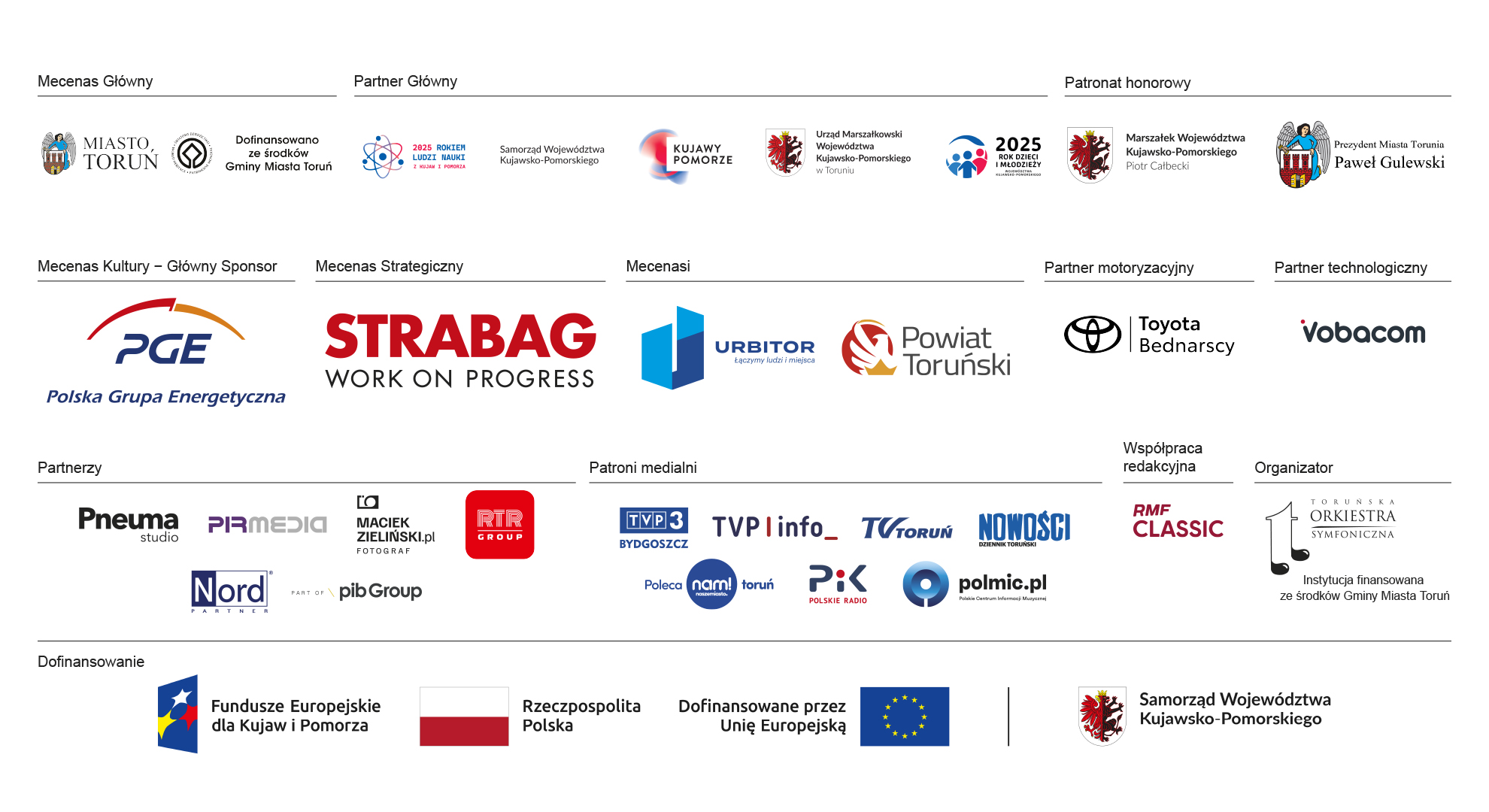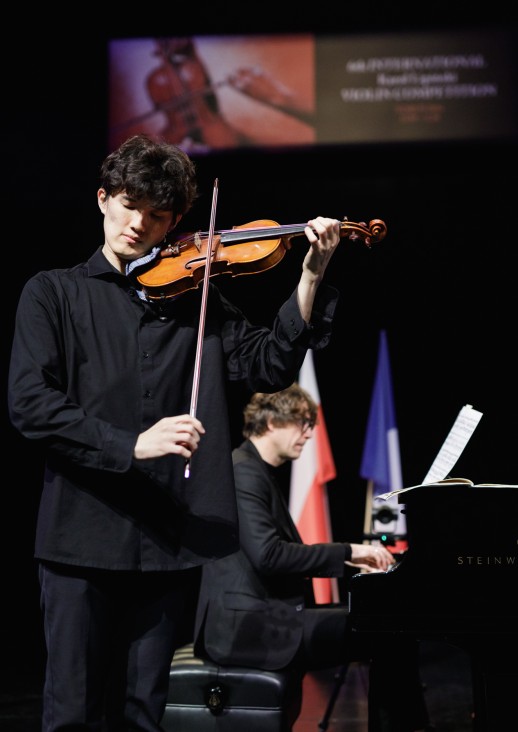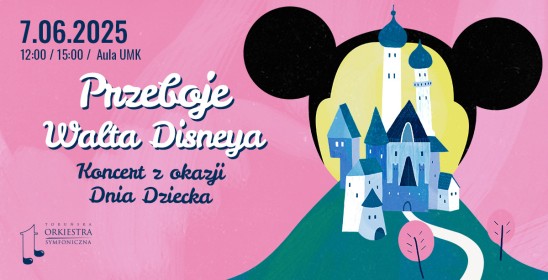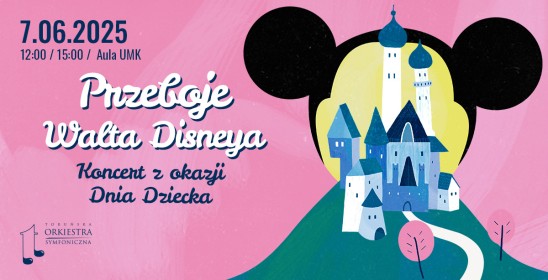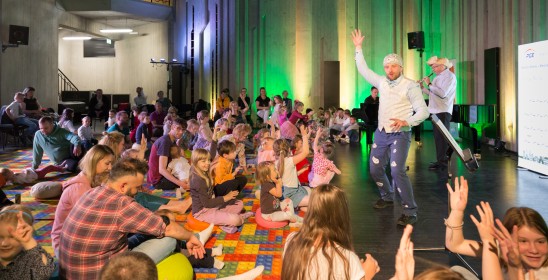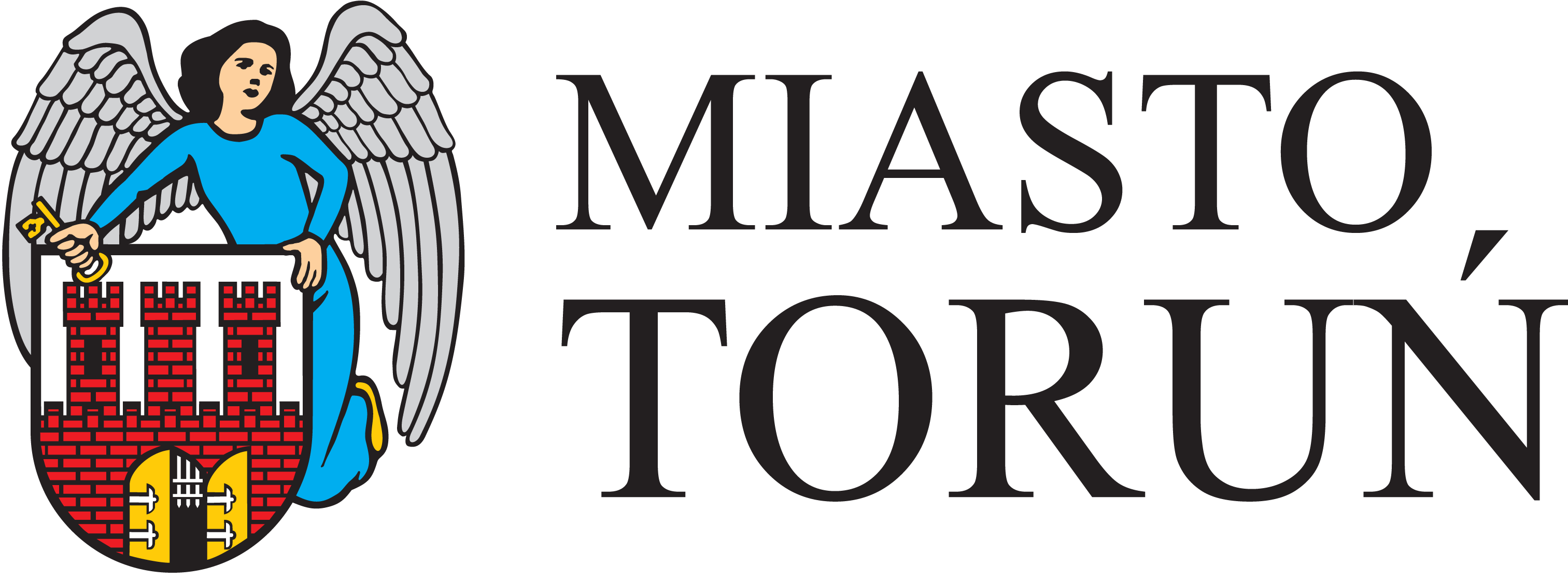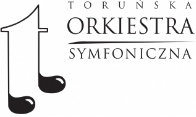NATURA x KOSMOS
- Sunjae Ok – violin
- Toruń Symphony Orchestra
- Adam Banaszak – conductor
Programme:
- W. Żeleński - In the Tatra Mountains
- M. Karłowicz - Violin concert in A major Op. 8
- W. Kilar - Orawa
- M. Karłowicz - "The Eternal Songs" Symphonic poem Op. 10
- A. Wesołowski - Dance of the Celestial Spheres – a piece celebrating the 550th anniversary of Nicolaus Copernicus’ birth
Władysław Żeleński’s overture In the Tatra Mountains, composed in 1870 in Paris, is widely regarded as the composer’s most important and representative orchestral work. Although written in France, the inspiration for the piece emerged a decade earlier during Żeleński’s stay in the Tatra Mountains. Interestingly, the overture contains no direct references to highlander folklore or the traditional music of the Podhale region. As musicologist Zdzisław Jachimecki noted, Żeleński “did not attempt to create a realistic picture of the granite highlander landscape, the charms of the mountain weather, or the terror of a storm rolling over the Tatras”. Instead, the title alludes to the emotional impressions and reflections the composer experienced during his mountain hikes—through valleys, across ridges, and up rocky slopes. Originally titled Pastoral Fantasy,
the piece features two contrasting motifs: one cheerful and delicate, the other more vigorous and dance-like. With its vivid orchestral colours and memorable themes, the overture is both accessible and evocative, capturing a sense of serenity and summer exuberance.
The evening’s programme also includes two works by Mieczysław Karłowicz: the Violin Concerto in A major, composed in 1902, and the symphonic poem Eternal Songs.The Violin Concerto features an exceptionally demanding solo part, a challenge for even the most accomplished violinists.
Following its premiere, the Berliner Börsenzeitung described the concerto as follows: “The composition consists of three movements of considerable difficulty, particularly in the violin’s upper register. It may be seen as a duel between the soloist and the richly coloured orchestra. While remaining under an apparent influence of Tchaikovsky, the first movement is perhaps the strongest, with a dynamic main theme and a deeply lyrical part. The second movement, Romanza, is also highly melodic. The finale is distinguished by its humour and lively rhythm, with a principal theme that contrasts sharply with the lyrical middle section”.
Performing Mieczysław Karłowicz’s Violin Concerto is no easy feat. The soloist is tasked with navigating intricate polyphonic passages, rapid tempos, and extended passages in high positions—an extraordinary technical and interpretative challenge. At the Jordanki Cultural and Congress Centre, this demanding role will be undertaken by Sunjae Ok from South Korea, the winner of the 6th International Karol Lipiński Violin Competition.
Karłowicz dedicated the concerto to his mentor, the renowned violin virtuoso Stanisław Barcewicz, who also premiered the piece in Berlin. The work was well received at its debut, but it was in Vienna that it truly captivated the audience—so much so that Karłowicz was called back to the stage seven times for curtain calls.
Like Żeleński’s overture In the Tatra Mountains, Karłowicz’s symphonic poem Eternal Songs reflects the composer’s deep emotional connection to the Tatra Mountains. His love of the region resounded not only in his music but also in his writings – here is how he described his experience in the mountains in one of his columns: “And when I find myself on a steep peak, alone, with only the azure dome of the sky above me, and around me the frozen summits submerged in a sea of plains—I begin to dissolve into the space around me. I no longer feel like an isolated individual; I am enveloped by the vast, eternal breath of all existence. This breath passes through every fibre of my being, filling it with a gentle light and reaching into the depths where memories of sorrow and pain lie, soothing, aligning, and restoring. The hours spent in this semi-consciousness are like a brief return to non-existence; they bring peace with life and with death, and speak of the eternal tranquility of merging with the universe.”
Mieczysław Karłowicz’s Eternal Songs was composed between 1904 and 1906. This symphonic poem is divided into three movements: Song of Eternal Longing, Song of Love and Death, Song of Eternity. Karłowicz gave the first movement a poignant motto: “Here I stand before you to complain about my fate!...” The piece weaves lyrical, emotionally charged themes imbued with a distinctly Slavic character.
Tragically, in 1909, the Tatra Mountains—so dear to Karłowicz—claimed his life. He was caught and buried by an avalanche.
Like Karłowicz, Wojciech Kilar was also inspired by the Tatra Mountains. Orawa, the final piece in his four-part Tatra series, was composed as a piece for 15 string instruments less than thirty years ago. The work vibrantly captures the vitality, rhythmic drive, and raw energy of Podhale folklore. Kilar envisioned Orawa as a tribute to the spirit of a highlander band—and he succeeded brilliantly.
The year 2025 has been declared the Year of People of Science from Kuyavia and Pomerania, commemorating the 120th anniversary of the birth of Wilhelmina Iwanowska, an eminent astronomer closely associated with Toruń. Fittingly, the programme features Dance of the Heavenly Spheres by Adam Wesołowski, composed in honour of the 550th anniversary of Nicolaus Copernicus’s birth.
The piece reflects the many facets of Copernicus’s achievements—not only as an astronomer, but also as a mathematician, physician, and spiritual leader. Wesołowski’s composition draws inspiration from Copernicus’s groundbreaking treatise On the Revolutions of the Heavenly Spheres, published in 1543. The central motif of the piece is the note sol—Latin for “sun”—symbolizing the sun’s central position in the heliocentric model of the universe.
Adding to its symbolic depth, the piece lasts precisely 15 minutes and 43 seconds—a direct reference to the year 1543, when Copernicus’s work was published and when he passed away. With Dance of the Heavenly Spheres, Wesołowski offers a powerful musical tribute to science and astronomy, honouring Copernicus’s transformative legacy.
The work is a fitting centerpiece for the Year of People of Science from Kujawy and Pomerania—where music, science, and history converge.
Mecenas Główny: Miasto Toruń
Partner Główny: Samorząd Województwa Kujawsko-Pomorskiego
Dofinansowano z Funduszy Europejskich
Patronat honorowy: Marszałek Województwa Kujawsko-Pomorskiego Piotr Całbecki, Prezydent Miasta Torunia Paweł Gulewski
Mecenas Kultury - Główny Sponsor: PGE Polska Grupa Energetyczna S.A.
Mecenas Strategiczny: Strabag Sp. z o.o.
Mecenasi: Urbitor Sp. z o.o., Starostwo Powiatowe w Toruniu
Partnerzy: Pneuma Jarosław Pawlicki, Pirmedia Sp. z o.o., BJJ Maciej Zieliński, RTR Group Sp. z o.o.
Partner motoryzacyjny: Toyota Bednarscy
Partner technologiczny: Vobacom Sp. z o.o.
Patronat medialny: TVP3 Bydgoszcz, TV Toruń, Nowości - Dziennik Toruński , Toruń Nasze Miasto, Polskie Radio PiK, POLMIC
Współpraca redakcyjna: RMF Classic
Organizator: Toruńska Orkiestra Symfoniczna
